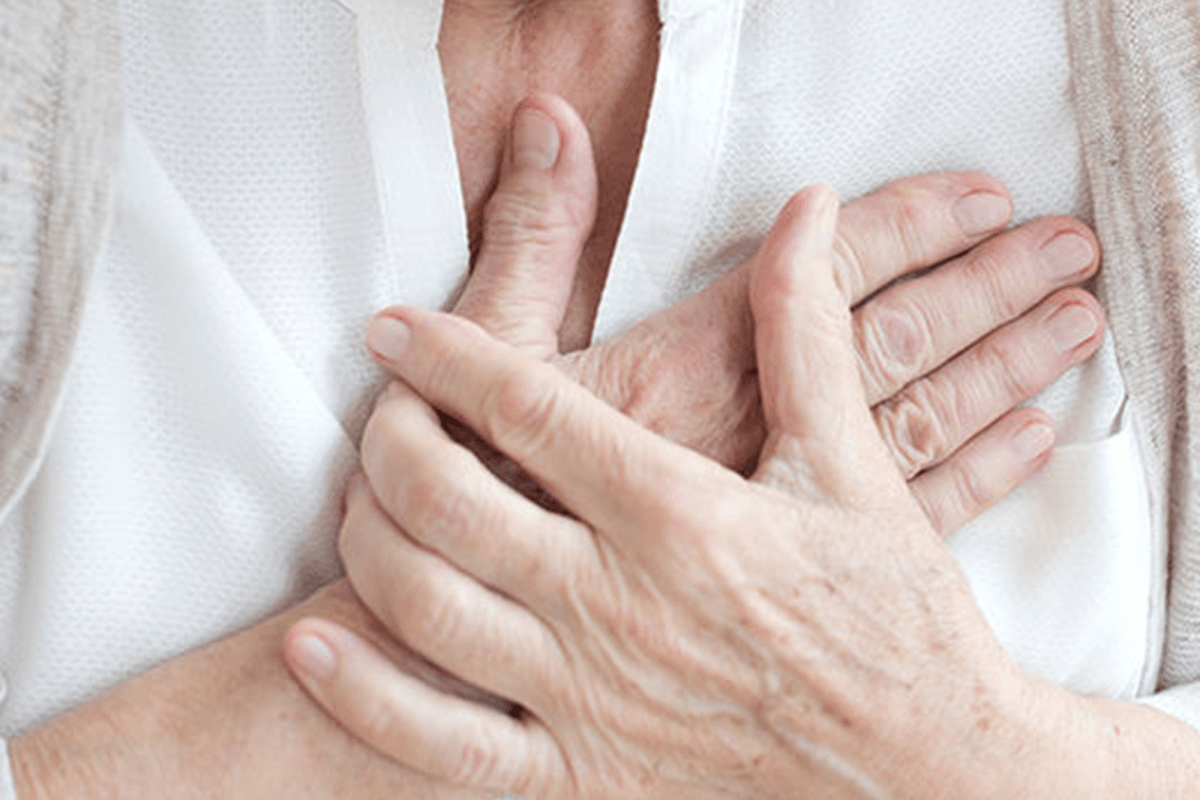Are you at Risk of Lung Cancer?

Lung cancer is the uncontrolled growth of abnormal cells that begins in one or both lungs; usually, cells lining the air passages. These malignant cells do not develop into healthy lung tissue, they divide rapidly and form tumors. It is a tricky condition because it is often asymptomatic, or invisible until it has become more advanced. If you are worried about developing lung cancer or are worried about a loved one, here are some early signs to watch out for:-
- An uncontrolled cough-
Be on alert for a dry or a mucous-filled cough that lingers persistently. If your cough is deeper, its frequency has increased or you are coughing up blood or an unusual amount of mucous, it is advised to make a doctor’s appointment.
- Breathing changes-
Shortness of breath is a possible symptom of lung cancer. Changes in the pattern of breathing normally occur if a cancerous tumor blocks the airway, or if fluid from a lung tumor has built up in the chest.
- Pain in the chest area-
Discomfort in the form of chest, shoulder, or back pain, may result from enlarged lymph nodes to the chest wall, the lining around the lungs, or the ribs.
- Wheezing-
When airways become constricted, blocked, or inflamed, the lungs produce a wheezing or whistling sound when you breathe.
- Hoarseness in Voice-
Voice hoarseness can occur when the tumor affects the nerve that controls the larynx, or voice box.
- Weight Loss-
Many types of cancer cause changes in appetite, which leads to unintended weight loss. Extreme and unexplained weight loss can signal lung or another type of cancer. This drastic drop in weight is a result of cancer cells using energy.
- Body Pain and Headache-
Pain can come in various forms and for various reasons, however, some can be indicative of lung cancer. Pain in your chest, shoulders, or back that is new and persistent, could be a result of your body fighting the condition. Lung cancer that has spread to the bones may cause pain in the back or in other areas of the body. Bone pain worsens at night and increases with movement.
There are numerous risk factors identified for several lung diseases, including lung cancer. Here are some of the major risk factors that you should know:
1. Smoking & exposure to second-hand smoke
Smoking, including cigarette, cigar, pipe, and sheesha smoking, is thought to be responsible for 80% of all lung cancer diagnoses. Even if you are a non-smoker, your lung cancer risk increases if you are regularly around other people who smoke.
2. Asbestos exposure
More common in areas near mines, mills, and shipyards, exposure to large amounts of asbestos can put you at a greater risk.
3. Air Pollution
Some scientists estimate that about 5% of lung cancer deaths worldwide are due to outdoor air pollution. People who live in metropolitan cities, especially near high-traffic roads, have a slightly increased risk of lung cancer.
4. Arsenic in drinking water
Studies show that areas with high arsenic levels in drinking water have a higher lung cancer risk.
5. Any past radiation to the lungs
People who have undergone radiation therapy to the chest to treat other cancers, such as Hodgkin’s Disease or breast cancer, are at a higher risk for lung cancer. The risk for lung cancer is higher if you were treated with radiation when you were young. Make sure your doctor is aware of any history of radiation treatment.
6. Past/Family history of lung cancer
If you have had lung cancer, you have a higher risk of developing another lung cancer.
Chest X-rays are not very effective in detecting early-stage lung cancer. However, according to a 2011 study, low-dose CT scanning has been known to reduce lung cancer mortality by 20%. If you are experiencing any unnatural signs or meet any of the above criteria, consult your doctor at the earliest.
Request a call back


 Call-an-Ambulance
Call-an-Ambulance



